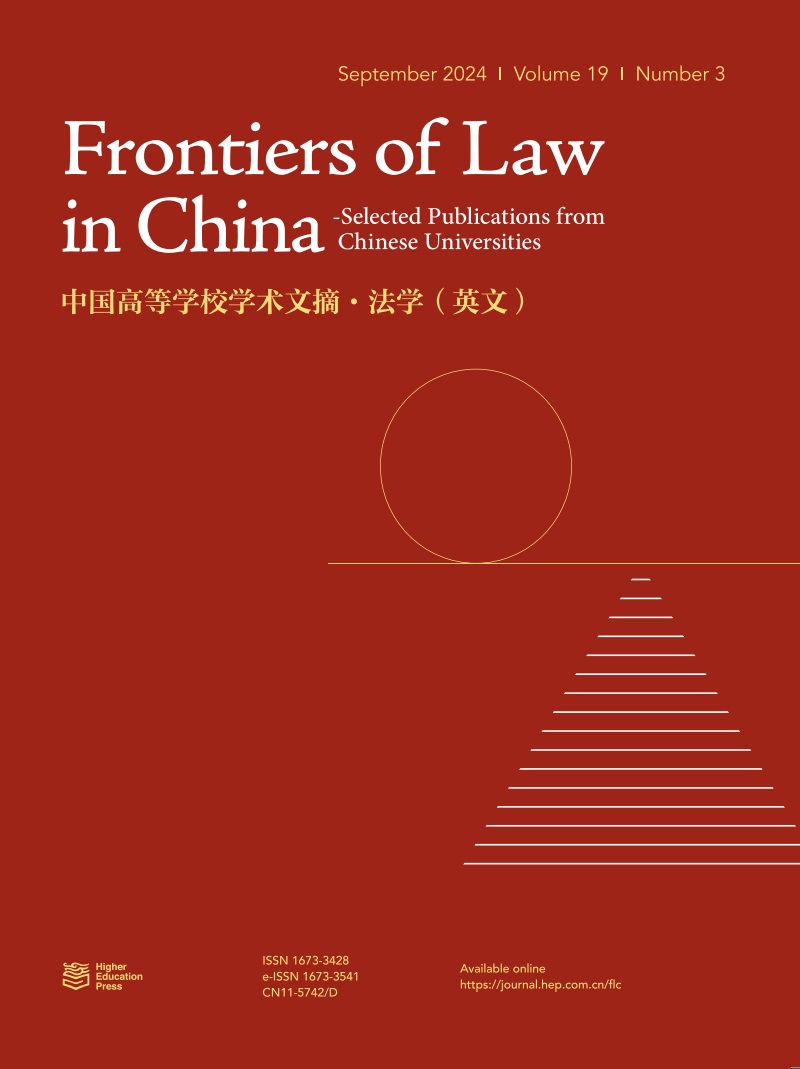规则制定的可能性:美国司法会议证据规则咨询委员会为解决法医专家证词面临的挑战所作的努力
IF 0.1
4区 社会学
Q4 LAW
引用次数: 1
摘要
这篇文章呼应了第六届证据法和法医学国际会议的一个主要主题,即确定规范法医专家证词需要进行哪些证据改革,以及如何实施这些改革。在美国,证据改革的主要方式是通过规则制定。自1996年以来,作为联邦证据规则司法会议咨询委员会的报告人,作者以务实的精神,从最一般、最抽象的层面,到最详细、最实质的要点,分六个部分(层次)审视了美国联邦层面的这一努力。第一部分首先简要介绍了美国联邦一级证据规则制定当局的等级制度、各种利益集团及其在规则制定过程中的有趣互动。然后,作者转向写作规则的一般主题,特别关注在写作过程中提供的细节水平;第二部分进一步缩小了审查范围,编写了一条关于法医专家证词的规则,强调有必要对FRE的现行一般标准进行修改;第三部分直接讨论了在FRE中起草法医证据规则的挑战,包括对各种替代起草模式的比较;第四部分和第五部分分别讨论了报告人的意见和司法部对规则草案的关切;第六部分简要讨论了以法医证据代替规则制定的最佳做法手册的可行性和有效性。本文章由计算机程序翻译,如有差异,请以英文原文为准。
RULEMAKING POSSIBILITIES: EFFORTS OF THE UNITED STATES JUDICIAL CONFERENCE ADVISORY COMMITTEE ON EVIDENCE RULES TO ADDRESS THE CHALLENGES TO FORENSIC EXPERT TESTIMONY
This piece is an echo to one of the main subjects of the Sixth International Conference on Evidence Law and Forensic Science which is to determine what evidentiary reforms are necessary for regulating forensic expert testimony, and how those reforms might be implemented. In United States, the predominant way of evidentiary reform is through rulemaking. As the Reporter of Judicial Conference Advisory Committee on the Federal Rules of Evidence since 1996, the author, with a pragmatic spirit throughout the article, examines such an effort at the federal level of U.S. in six parts (levels), starting from the most general, abstract level till finishing with the most detailed and substantive points. Part I begins with a brief introduction of the hierarchies of evidentiary rulemaking authorities at the federal level of the United States, various interested groups and their interesting interactions in the rulemaking process. The author then shifts to the general topic of writing rules with a specific focus on the level of detail that is to be provided in doing so; Part II further narrows down the scrutiny into writing a rule on forensic expert testimony with an emphasis on the necessity of making such a rule change to the current general standards of FRE; Part III directly addresses the challenges of drafting a rule on forensic evidence in FRE, including a comparation of various alternative drafting models; Part IV and Part V respectively discusses the Reporter’s comments and the Justice Department’s concerns over the drafted rules; and Part VI briefly discusses the feasibility and effectiveness of a Best Practices Manual on forensic evidence in lieu of rulemaking.
求助全文
通过发布文献求助,成功后即可免费获取论文全文。
去求助
来源期刊

中国法学前沿
LAW-
CiteScore
0.20
自引率
0.00%
发文量
398
期刊介绍:
Frontiers of Law in China seeks to provide a forum for a broad blend of peer-reviewed academic papers of law studies, in order to promote communication and cooperation between jurists in China and abroad. It will reflect the substantial advances that are currently being made in Chinese universities in the field of law. Its coverage includes all main branches of law, such as jurisprudence, constitutional jurisprudence, science of civil and commercial law, science of economic law, science of environmental law, science of intellectual property, science of criminal justice, science of procedural law, science of administrative law, science of international law, science of legal history, science of history of legal thoughts, etc.
 求助内容:
求助内容: 应助结果提醒方式:
应助结果提醒方式:


